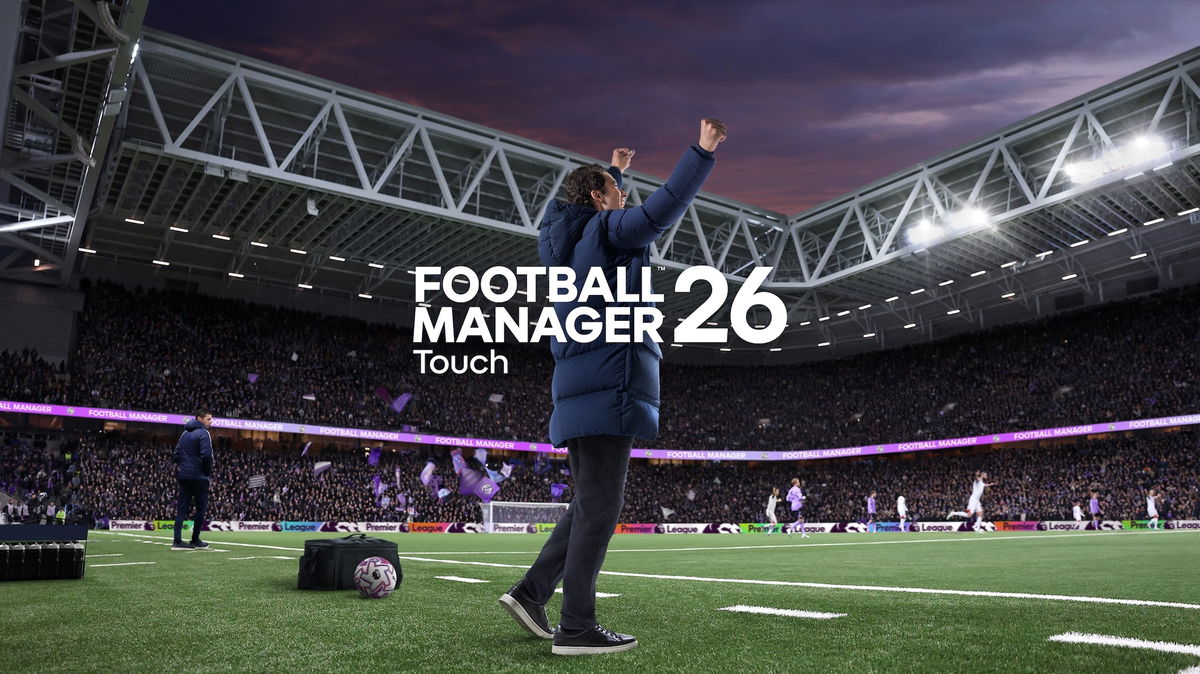He post-traumatic stress disorder (PTSD) It is very difficult to treat. Obsessive thoughts sometimes cling to consciousness so tightly that the usual tools of psychology are not enough to combat them. Therefore, scientists have long been looking for alternatives. It has even been tested that the use of psychedelic substances open the doors of the mind and it is easier to manipulate these thoughts. But this also involves many difficulties. It would be better to resort to something simpler. As simple as play Tetris.
In 2017, it was discovered that people who had been in a car accident had 62% less intrusive memories if they were playing Tetris. Logically, this has prompted other scientists to try to replicate the study. Here’s what the team of scientists from Karolinska Institutefrom Sweden. In their case, they focused their study on Swedish health care workers suffering from post-traumatic stress disorder due to experience of the COVID-19 pandemic.
It was noted that in his case, Tetris helped control these very harmful intrusive memories. In fact, with one 20 minute game The symptoms improved significantly within 6 months. And that’s a number because that’s where the study stopped, but the reality is it could be longer. In any case, if the effects wear off, the solution is as simple as playing Tetris again.
What is Post Traumatic Stress Disorder?
Post-traumatic stress disorder is a set of psychological symptoms that result from a terrifying situation, whether it was experienced or witnessed. A kidnapping, a car accident, or witnessing a murder can be particularly harsh examples. They also often affect professionals who have to witness very difficult situations in their work. They are familiar with them, but sometimes they can be too much. This is what has happened to many health care workers who have contracted COVID-19, but it can also happen to police officers, firefighters, or many other workers.
No one is immune to post-traumatic stress disorder, although there are certain risk factorsfor example, having experienced trauma in the past, having other mental health problems such as depression or anxiety, or not having a good support network.
People suffering from this disorder experience relapses. intrusive memories of the experience that caused it. This causes them very strong emotional discomfort, sleep problems, difficulties in communication and avoidance of everyday situations. In some cases, if the discomfort is very strong and help is not sought in time, suicidal thoughts may arise. In the end, you may even commit suicide.
Therefore, it is very important to detect and treat it. There are cases that can be easily treated with psychological tools. cognitive behavioral stream. However, in some cases, you may need some extra help. This is where Tetris comes into play.
Tetris vs. Intrusive Flashbacks
For this new study, the authors recruited 164 healthcare workers suffering from post-traumatic stress disorder due to COVID-19. All of them were asked to complete a diary about my obsessive memories. Thus, it was clear that at the beginning of the experiment they had, on average, 15 Weekly Intrusive Flashbacks. After completing the survey, they were divided into two groups. The first group played Tetris for 20 minutes, while the others listened to a podcast about physiology for the same amount of time.
Five weeks later, memories of the Tetris group had decreased by 85%. On average, the Tetris group members had 1 weekly flashback, compared to the 5 weekly recollections of the podcast group. And the best part is that the results held up after both 3 and 6 months. By month 6, the Tetris group had half the PTSD symptoms of the philosophy podcast group.

Why is Tetris so useful?
It is not entirely clear how Tetris helps people with PTSD. It is thought that it may be related to mental rotation, Widely used to decide where to place figures, it interferes with intrusive visual memories and interrupts memories. Essentially, the brain is so busy that it leaves memories in the background.
The amazing thing is that once seems to be enough. How much better would it be if these patients could play Tetris at least once a week? This remains to be studied, but it could be a very cheap and simple solution. After all, who hasn’t played Tetris at least once?
Source: Hiper Textual












